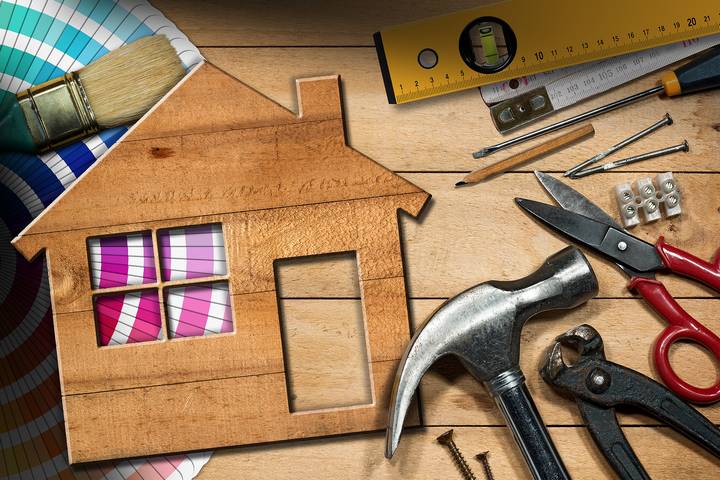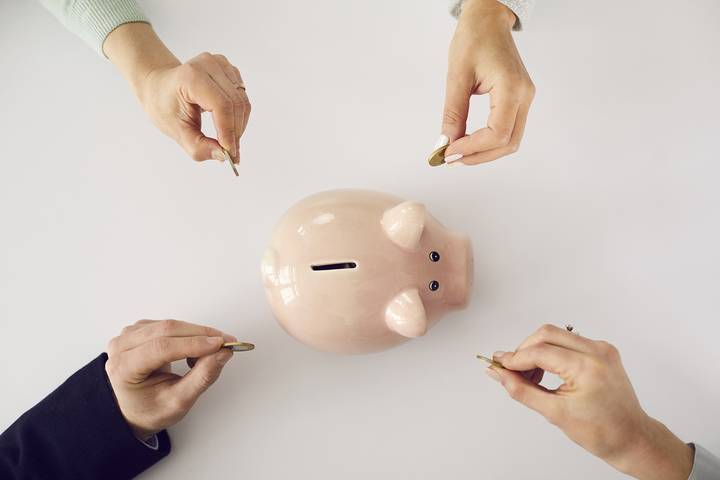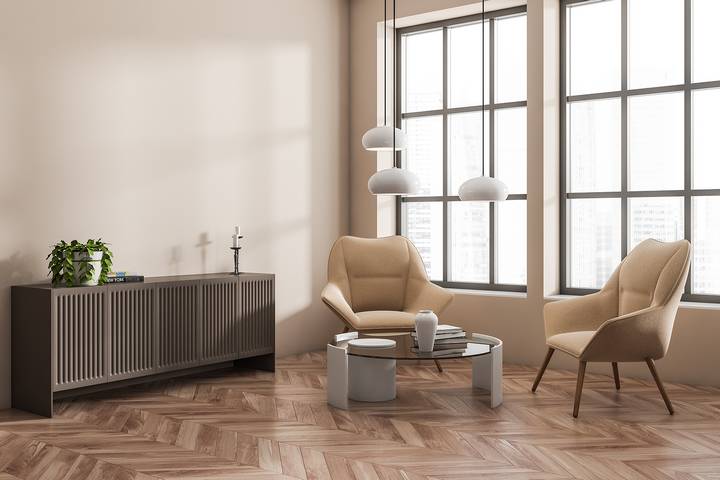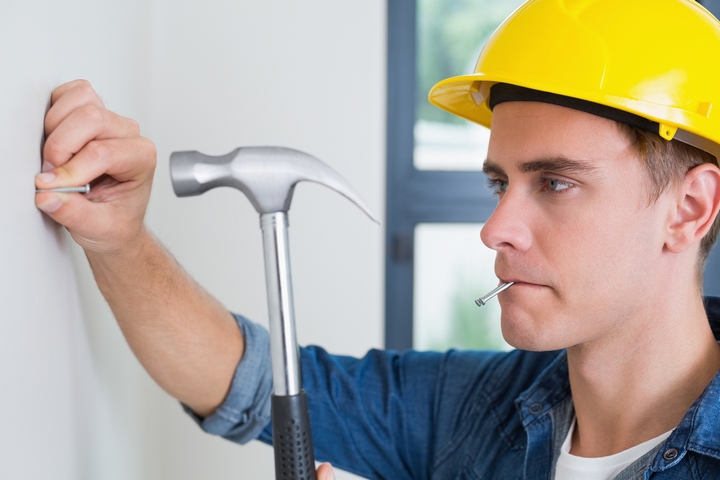Embarking on the adventure of owning a home is both thrilling and sometimes a bit daunting. Having your own place brings new duties, unexpected costs, and a long-term promise to keep it in shape and make it better. As a first-time homeowner, the learning curve might seem steep at first. But with the right mindset, it can be a much easier journey.
To handle home ownership well, you need to grasp the basics of budgeting, upkeep, and even some do-it-yourself skills. Here are a few beginner tips to guide you through owning your first home.
Understand Your Monthly Budget

One of the first things to do when owning a home is to understand your monthly budget. Besides the mortgage, you must include utilities, insurance, property taxes, and maintenance costs. These extra expenses come with owning a home, and they might surprise you if you’re used to renting.
Spend time tracking your spending for the first few months to see if your budget needs tweaking. Saving a bit each month for unexpected repairs or routine upkeep will make you feel more financially secure. By organizing your finances early on, you’ll be better prepared for the actual costs of homeownership.
Connect with a Mortgage Broker

A mortgage broker can benefit first-time homeowners, especially when handling the mortgage process. They assist you in exploring loan choices, explaining tricky terms, and finding competitive rates that suit your financial situation. Working with a broker makes things easier and helps you make well-informed decisions.
Once you have the right loan, they can also provide advice on refinancing or share other financial tips as you build up equity in your home. They’re available to answer questions and keep you on track with payments. Having a mortgage broker as part of your support team can reduce the stress of managing your finances as a homeowner.
Embrace Regular Maintenance

Owning a home means maintaining it regularly, which helps prevent expensive repairs later on. Begin with a simple list of seasonal chores like clearing the gutters, checking the heating and cooling systems, and watching for signs of water damage. Tackling little fixes as they arise can save you a lot of money over time and help keep your home in great shape.
Think about setting up a calendar or reminders for these chores. Regular maintenance might feel boring, but it saves you time, effort, and money in the long run. The better you care for your home, the more pleasant and secure it will feel.
Set Up an Emergency Fund

Having an emergency fund is crucial for any homeowner. Repairs or home improvements can come up unexpectedly, and having some money set aside can keep stress at bay when something breaks. Start by putting away a small amount each month and let it grow over time. Ideally, save enough to cover three to six months’ expenses for any urgent needs.
An emergency fund helps with surprise repairs and brings peace of mind. Whether it’s a sudden plumbing problem or an unexpected appliance breakdown, being ready financially allows you to handle issues without messing up your overall budget.
Personalize Your Space Gradually

Owning a home is thrilling, and wanting it to reflect your style is natural. Tackling too many projects at a time can be daunting, though. Begin with minor changes like painting or updating lighting before moving on to significant renovations. Personalizing your space little by little lets you get familiar with it and make design choices you’ll love for years.
This method also helps you spread out expenses and gives you time to decide which areas need attention first. Gradually adding personal touches makes each project more enjoyable and gives you ongoing satisfaction as your home becomes uniquely yours.
Get to Know Your Neighbourhood

Getting to know your neighbourhood is a key part of owning a home. Take some time to explore nearby shops, parks, and community events. Connecting with your neighbours can make you feel more at home and might lead to good friendships.
Besides the social perks, familiarity with your area makes you feel settled. You’ll know where to shop for groceries, which routes are best, and where the most excellent local spots are. Getting involved in your neighbourhood will make your life as a homeowner more satisfying and fun.
Plan for Long-Term Improvements

When you first purchase a home, it’s tempting to concentrate on immediate repairs and quick upgrades. However, thinking about long-term enhancements can increase the home’s value and make it more comfortable over time. Consider future projects like upgrading appliances, enhancing energy efficiency, or adding a deck or patio.
Creating a long-term home improvement plan helps you budget effectively and make changes when they suit you best. Having a vision for your home’s future keeps you motivated and gives you something to look forward to. Each enhancement adds value to your property, creating a space that meets your needs for many years.




